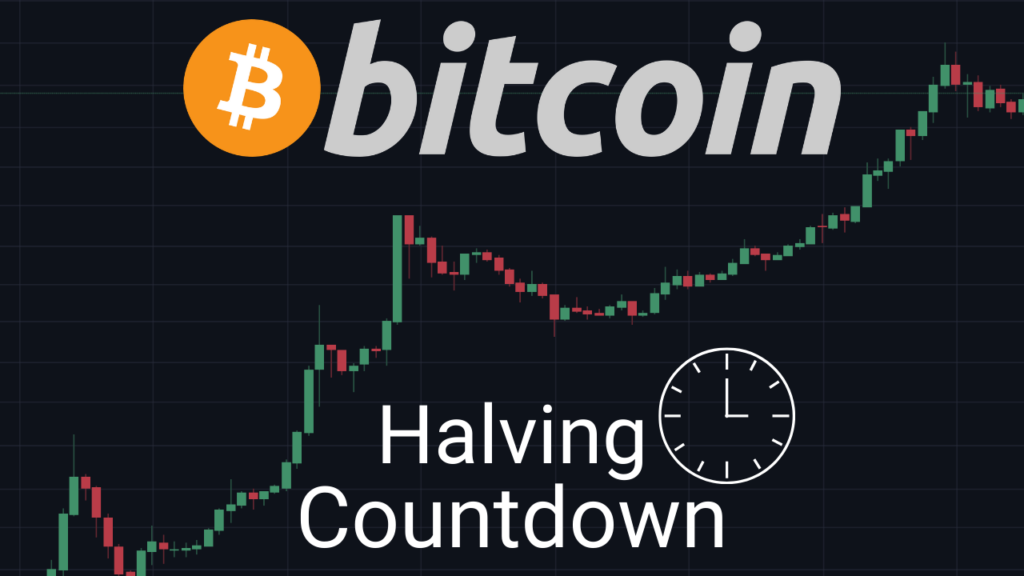on the crypto

Observations on the moving average
The seven-day moving average of the total number of bitcoins held in exchange addresses dropped to 2.214.365 on April 14 - the lowest level since last June - according to numbers from blockchain intelligence firm Glassnode.
As of Tuesday, the average has fallen nearly 8% from a peak of 2.404.786 recorded on January 17, 2020. BTC's exchange rate declines suggest a preference for longer-term participation strategies, according to Glassnode.
This is because i Investors they usually withdraw coins from exchanges to keep in their personal wallets when prices are expected to rise. On the contrary, they tend to move their funds to exchanges in preparation for the sale when prices are expected to drop or during an economic crisis.
For example, the price of bitcoin fell 33% in the week of March 15th. During that period, the seven-day average of funds held on the stock exchange went from 2.333.279 on March 11 to 2.350.795 on March 18. However, the peak was short-lived and the decline in the exchange balance has resumed since 19 March.
Investors are preparing for halving
The increase in participation levels could be associated with the bullish expectations linked to the halving of the reward in bitcoin mining, scheduled to take effect in just 27 days.
The event, aimed at controlling inflation, will reduce the premiums per block extracted from 12,5 BTC to 6,25 BTC. Basically, miners will load fewer coins into the ecosystem after halving.
Some analysts think that this could create a supply deficit and raise prices. "With Bitcoin halving next month, we expect a price hike that will bring the rest of the market with it," said Richard Rosenblum, head of trading at GSR.
Meanwhile, some stock-to-flow models indicate that halving may push the bitcoin price up to $ 100.000, as noted in the weekly market report of Luno's cryptocurrency platform.
Will the global recession change Bitcoin's perception as a safe haven?
In addition, the global economic downturn induced by the coronavirus and the resulting unprecedented monetary and fiscal stimulus launched by the Federal Reserve and the United States government, respectively, should widely encourage the vision of bitcoin as a safe haven and hedge against inflation.
So far, the cryptocurrency has not worked as a safe haven and has moved in line with equity markets. "Since the beginning of March, the correlation between bitcoin and the S&P and Dow Jones has been unusually high, around 0,82," said Nicholas Pelecanos, commercial manager at NEM Ventures.
If the drop in exchange balances is a guide, however, the investor community appears to have some confidence in the bullish narrative of halving and the long-term value of the cryptocurrency as an inflation hedge.
